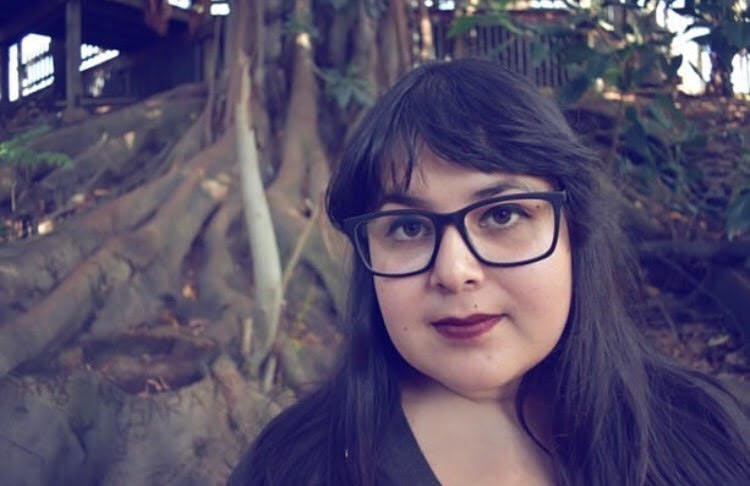Column by Emma Bjornsrud
As we face a pandemic that is life or death for many people, it is critical that we do whatever we can to keep ourselves, our loved ones and the public as safe and healthy as possible.
But as we take a closer look at everything that is coming about as a result, there are some unnecessary byproducts of the coronavirus panic.
Just how much has our waste production increased? Waste created because of sanitation and health concerns is necessary, but do we really need to buy so many disposable 10 ounce bottles of hand sanitizer?
Waste cannot be eradicated, but it can definitely be better managed.
Downtown Bellingham’s zero waste cafe, ANMLY, is not allowing customers to bring in their own mugs or containers for refills or food to go.
“Our ethos and, to some extent, business model, is based around reusable containers,” Emile Diffley, ANMLY’s owner, said over the phone. “Unfortunately, we have seen it to be the smarter move and the more responsible move to shift away from that temporarily.”
The cafe’s new single-use containers and cups for take-out are compostable, Diffley said. If customers can’t compost them, ANMLY will.
In the weeks leading up to the closure of Western’s campus, coffee shops and markets had stopped allowing refills of personal coffee mugs as well, to prevent the spread of the coronavirus. But this particular rule change may have had additional benefits.
“As a disabled person, I find it really interesting that a lot of places on campus have been really pushing for reusable cups and reusable straws,” Kestrel Alshaine, a second-year Western student, said over the phone. “Reusable straws are really difficult for disabled people to get and use; a lot of times, plastic straws are easier.”
The temporary ban on reusable coffee mugs may produce more waste, but it is important to support members of the community who need more options. There are always going to be circumstances where disposable items are the best choice. Now more than ever, we need to keep that in mind.
“Give yourself a pass these next couple of weeks,” Ariel Maldonado, owner of the Instagram account @gogreensavegreen, said. “I think that the environment is really important, obviously. But I also understand that these are not normal times. It feels a little bit unreasonable of me to request that people keep a zero-waste lifestyle at the forefront when I don't know what their health situation is and I don't know what their financial situation is.”
Certainly, we need to be prioritizing public health. Every decision needs to take safety into consideration, but it is also important that we weigh the environmental cost of the choices we make. If we can, we should strive to keep humans and the planet healthy.
Elizabeth Teo, owner of the Instagram account @zerowastecutie, recommended taking small steps to be more environmentally conscious when possible.
“If you have more time now, try making things at home, like cooking your meals, learning new recipes and trying to prevent food waste by looking at what's in your fridge.” Elizabeth Teo said over the phone.
Diffley said he is also being mindful of the food waste resulting from restaurant closures around town. In addition to limiting the number of items on the menu, Diffley said ANMLY is only prepping what they know will be sold and is sourcing foods that have longer shelf lives.
Maldonado suggested simple actions such as turning off the water when washing your hands and buying bar soap instead of liquid soap to reduce water usage and plastic waste. Reusable household items can also come in handy during times of emergency, she said.
“My sister just had a baby and she had just bought cloth diapers,” Maldonado said. “So she wasn't necessarily panicking as much as parents that didn't have that beforehand.”
The environment is probably at the back of most people’s minds right now, but that is all it takes: a little more consciousness, a little less consumption and a whole lot of humans working together.
Follow The Western Front on Facebook and Twitter for ongoing updates.
If you're interested in contributing to the Front's reporting during this crisis, you are invited to participate in our open newsroom project, where experienced reporters and editors will work alongside the community to gather and verify information that leads Whatcom County toward shared solutions. To participate, please fill out this form.






